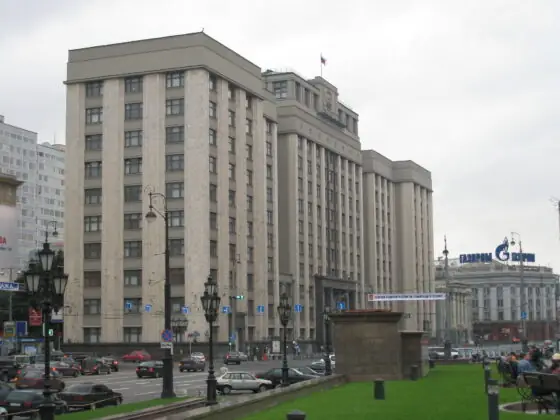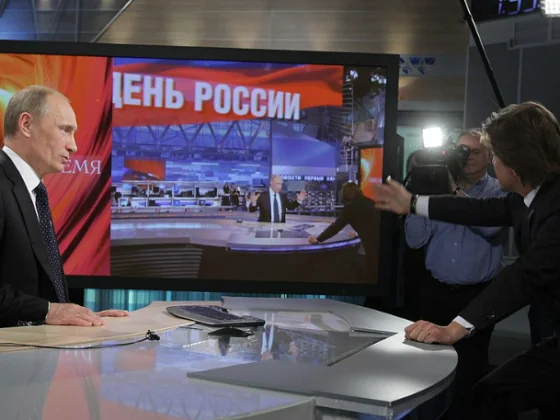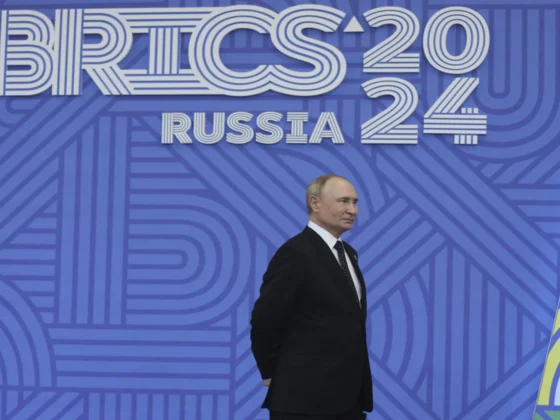Elections are a cornerstone of Russian democracy and crucial to our understanding of its fragile and transforming nature. A dozen years of elections is, perhaps, the major achievement of the late-Soviet and post-Soviet transformation in Russia. It is due primarily to elections, for instance, that one is able to speak about Russia’s transition to democracy, at least in the electoral sense. Elections in Russia play a dual role. They shape society, as they did at the beginning of transition when they stirred up public hope and interest in the country’s democratic development. Elections also reflect in detail the state of society as a whole, serving at each particular point in time as a mirror in which society can see itself and make predictions for the future.
A new and significant electoral cycle is starting next year. The most recent Duma and presidential elections were marked by rather essential shifts when compared with the electoral cycle of 1993–1996. Moreover, Putin’s regime brought some important changes to the political landscape and to society as a whole. It is important to understand the potential impact of all these processes on forthcoming elections and on democratic development in Russia in general. Recent regional elections offer an opportunity to analyze the current state of Russian electoral democracy. […]
Memo #:
287
Series:
1
PDF:
PDF URL:
http://www.gwu.edu/~ieresgwu/assets/docs/ponars/pm_0287.pdf








